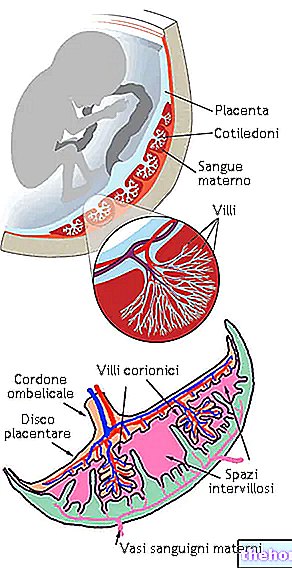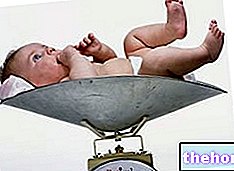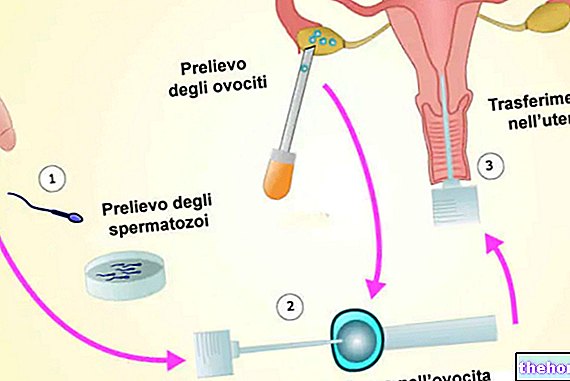Generality
ICSI (intracytoplasmic sperm injection) is a medically assisted procreation (PMA) technique which involves the insemination of an oocyte through the micro-injection of a single sperm directly inside it.

In this practice, the gametes (oocyte and sperm) meet outside the woman's body, therefore the fertilization and the formation of one or more embryos take place "in test tubes" (more precisely, on a culture plate), instead of all "inside the patient's fallopian tubes.
Subsequently, the embryos are transferred to the uterus, where the implantation takes place which can result in pregnancy.
- The ICSI method generally involves the pharmacological stimulation of the ovary to produce more oocytes, followed by the surgical removal of the same (it is a small operation called pick-up); the collection of male gametes can be performed, however, by masturbation, for via percutaneous or testicular biopsy.
In the laboratory, the collected female gametes are placed on culture plates inside incubators, then the individual spermatozoa are inoculated with a micropipette directly into the oocyte cytoplasm.
If the oocytes are successfully fertilized, the embryos are transferred into the uterus by transvaginal, ultrasound-guided or hysteroscopic route, within 48-72 hours.
The use of ICSI is foreseen only after the specialist doctor of the PMA center has ruled out the possibility of a natural conception. This technique is particularly indicated in cases in which there is a severe male infertility; ICSI allows, in fact, to overcome the difficulties of fertilization, as a single sperm is inserted directly into the cytoplasm of the oocyte.









.jpg)


















